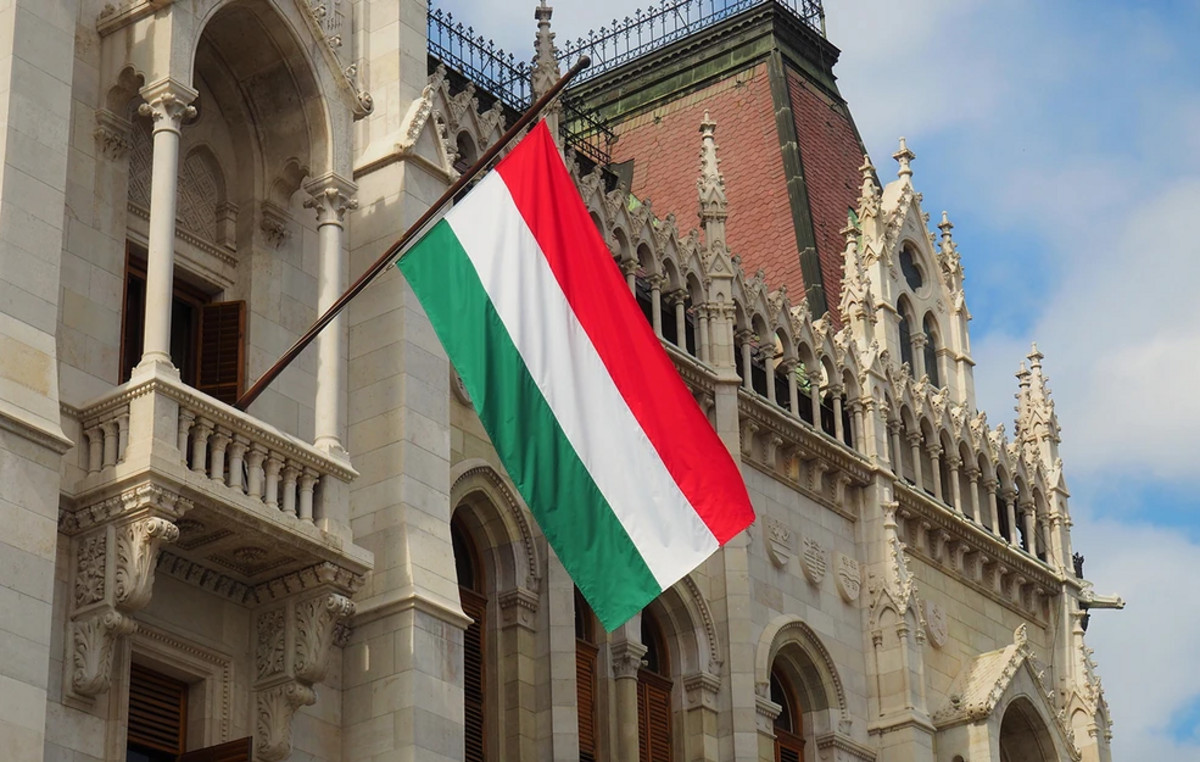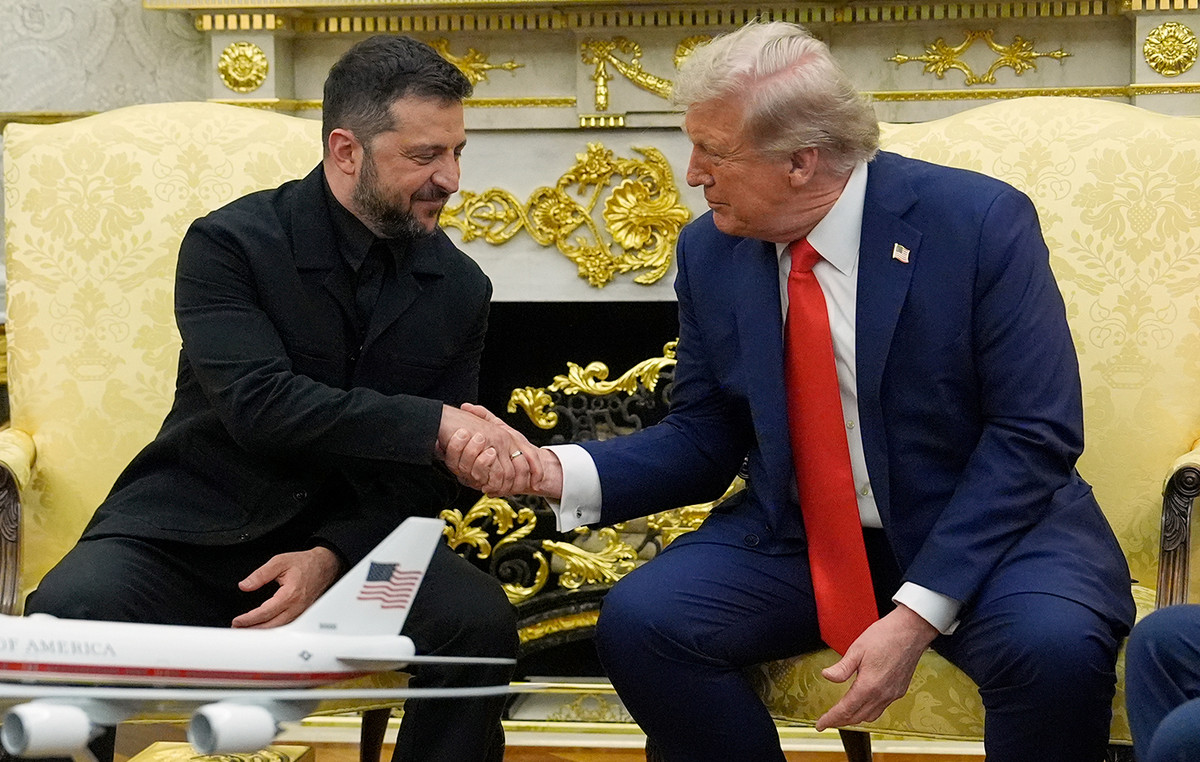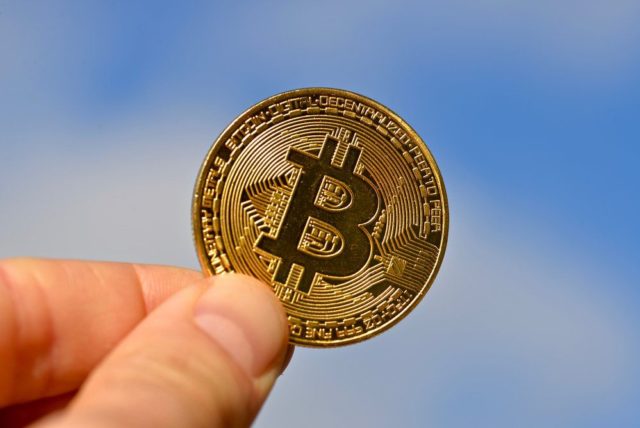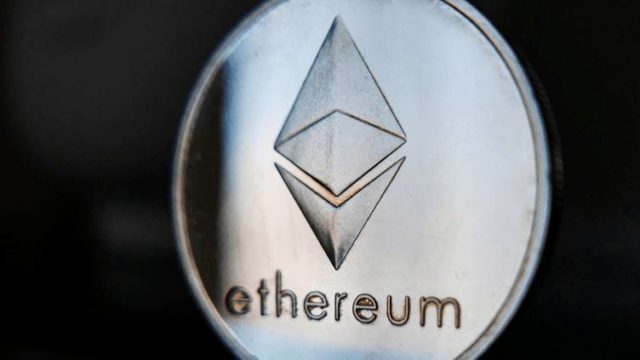Nicola Sturgeon, the leading figure in Scotland’s bewildered independence movement, dramatically announced on Wednesday that she would step down after eight years as Scotland’s prime minister.
The leader of the Scottish National Party (SNP) made the announcement at a news conference in the Scottish capital of Edinburgh. She will remain in office until a new SNP leader is appointed.
Sturgeon said he knows “the time has come” to resign, adding that it is “right for me, my party and the country”.
“Firstly, while I know it will be tempting to see this as such, this decision is not a reaction to short-term pressures,” said Sturgeon, who also faces rising tensions with the UK government over Scottish independence, such as the British decision to block a Scottish law intended to allow transgender people in Scotland to change their legal gender without a medical diagnosis.
“This decision comes from a deeper and longer-term assessment,” added the premier.
She added that she could no longer devote all of her energy to her work and that she felt she should say so now. “I’ve been struggling with this, albeit with fluctuating levels of intensity, for a few weeks now,” she said..
“Giving absolutely your all to this job is the only way to do it,” he added.
She declared that it was difficult to have a private life, noting that it was difficult to “meet friends for coffee or walk alone” and noted that there was a “brutality” to public life.
The shock announcement has led to speculation about Sturgeon’s timing, especially as she had recently pledged to make the upcoming British general election a second de facto referendum on Scottish independence.
Though she stressed that she could no longer devote all her energies to work, her list of political headaches grew.
SNP polls slumped, undermining its grip on Scottish politics. The independence movement has stalled, with no real chance of a referendum anytime soon.
She has lost support in her party since trying to introduce the controversial gender identification bill, with some polls suggesting a majority of Scots backed the UK government’s decision to use its powers to block the bill.
And her husband was caught up in a scandal late last year after it was reported that he had personally loaned £100,000 to the SNP.
In short, having dominated Scottish politics for eight years, wielding the baseball bat of independence and regularly using it to pummel the UK government, Sturgeon may have decided to quit before his legacy is tarnished by failure.
And Scottish independence?
The push for Scottish independence has hit a brick wall. There was a time when it seemed inevitable after Brexit.
The problem for the SNP, as usual, is that the UK government must approve any decision to hold a referendum.
Theresa May, Boris Johnson, Liz Truss and Rishi Sunak, four consecutive Conservative prime ministers, did not buy into the idea.
It also seems very unlikely that Keir Starmer, the leader of the official opposition Labor Party, will give the idea any momentum, as Labor needs to win seats in Scotland to gain a parliamentary majority in the UK.
The SNP is due to have a special independence conference next month. Now he is likely to go into this conference divided and without any certainty of its direction. All this will make those who oppose independence very happy.
Source: CNN Brasil
Bruce Belcher is a seasoned author with over 5 years of experience in world news. He writes for online news websites and provides in-depth analysis on the world stock market. Bruce is known for his insightful perspectives and commitment to keeping the public informed.







